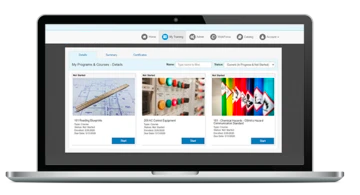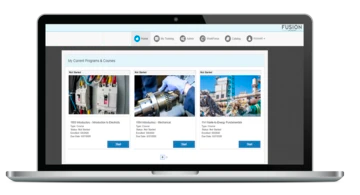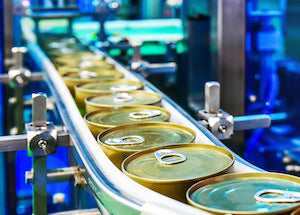For Live Training Register for Seminars Here or call 877-978-7246
Show nav
- Solutions
- TECHNOLOGY
- Industries
- Resources
- Contact
-
Register
Register now
If you would like to register with TPC Training click here or contact us on 877-978-7246
-
Websites
Select site:


























